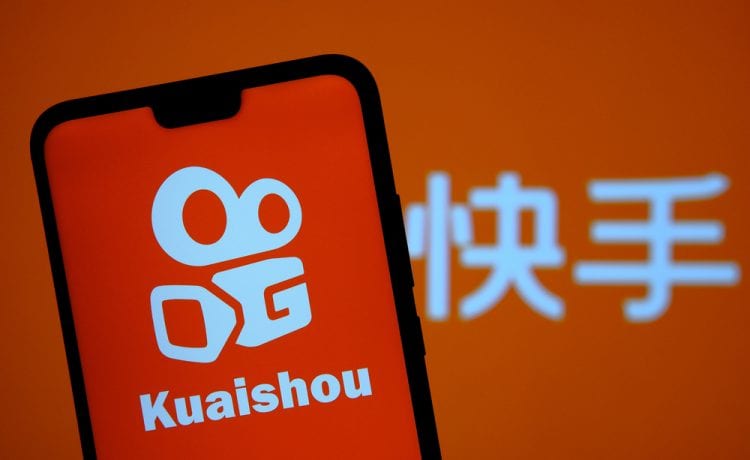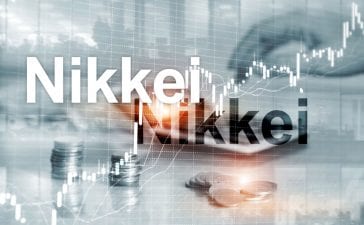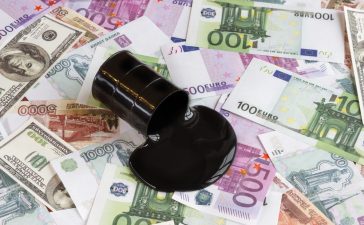In the past, U.S. exchanges have been highly competitive in attracting top Chinese companies
Venture firm DCM has generated a $16 billion return from the IPO of Chinese social media app Kuaishou. The listing took place in Hong Kong rather than in the U.S. DCM co-founder David Chao expects China’s most prominent tech start-ups to follow suit.
Chao cited four years of the Trump Administration’s “political bashing” of Chinese companies as the reason for that.
You’ve had this heightened adversarial relationship between the U.S. and China, said Chao, whose firm backs start-ups across the U.S., China and Japan. Between Trump’s pounding of Huawei and threat to delist some Chinese firms, “that really made Chinese companies rethink about going public in the U.S.,” Chao said.
In the past, U.S. exchanges have been highly competitive in luring top Chinese companies, with China’s two biggest e-retailers, Alibaba and JD.com, going public on the Nasdaq in 2014. Earlier, internet company Baidu, gaming platform NetEase and travel site Ctrip (now Trip.com) listed on the Nasdaq.
But this has now changed as China’s big tech are preferring to list closer to the country instead of the U.S. Hong Kong is only next to the New York Stock Exchange, Nasdaq, and the Shanghai Stock Exchange in terms of total market cap of listed companies.
Hong Kong was gaining strength even before the Trump-China trade war, Chao said. The past four years just sped it up.
In January, the NYSE responded to an executive order from then President Trump, signed in November, barring Americans from investing in 31 Chinese companies, including NYSE listed China Telecom, China Mobile and China Unicm, which are all co-listed in Hong Kong.
Regardless of the approach the Biden administration takes, Chao expects Hong Kong to remain strong because “companies are seeing they can go public in Hong Kong and be just as big.”
Kuaishou raised 41.28 billion Hong Kong dollars ($5.32 billion) in its IPO and surged nearly 200% in its debut on Feb. 5. It closed the past week at 398 Hong Kong Dollars, giving the company a market cap of about $210 billion.
DCM parlayed an investment of about $50 million into a stake currently worth around $16 billion. It also invested in Musical.ly, which was bought by Bytedance in 2017, and then shut down to move users to TikTok.
Chao said Kuaishou had discussed going public in the U.S. before deciding “Hong Kong was best for them.” He said one of the influencing factors was that Chinese internet giant Tencent, which held its IPO in Hong Kong, is a major investor.
Tencent has had a great run on the Hong Kong market, Chao said.





